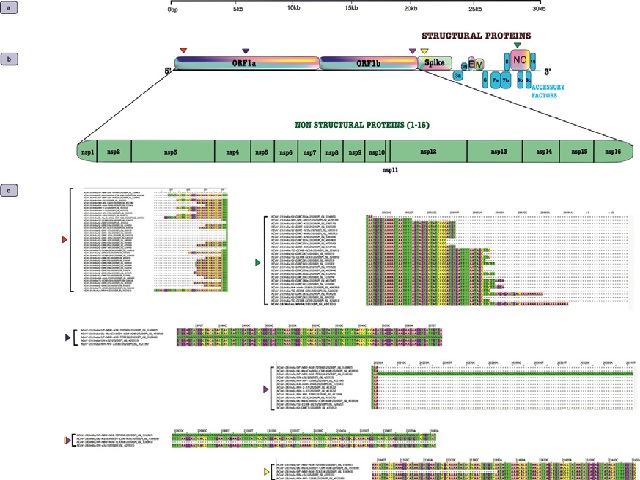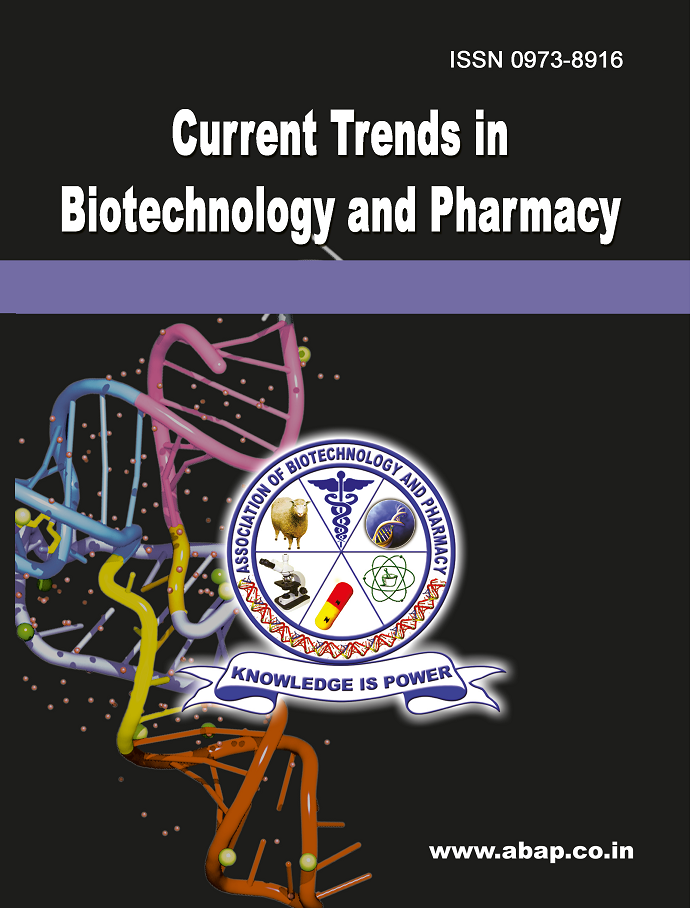SARS-CoV-2 Associated Mutations, Strain Variations and Mortality During the First Epidemic Wave in India: A Study.
DOI:
https://doi.org/10.5530/ctbp.2022.2.23Keywords:
Coronavirus, First wave, India, Mutation, SARS-COV-2, VariantsAbstract
India is no different to global health havoc created by SARS-COV-2 outbreak, although the appearance of different waves and the magnitude of losses varied. The study of the first wave on timeline is of utmost importance due to the alarming emergency and lack of preparedness to deal with the new virus which entered the gene pool. Besides, population density and RNA virus mutation rate might have led to more strain variants. In the present study, comparative analysis of thirty-nine complete or nearly-complete genomes of SARS-COV-2 during the first wave of COVID-19 in India was made and a number of mutations were observed. These observations further supported the evidence for genetic basis of rapid evolution of the virus.



